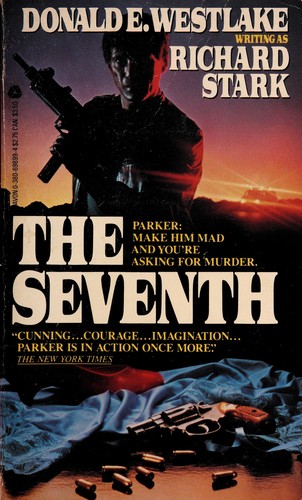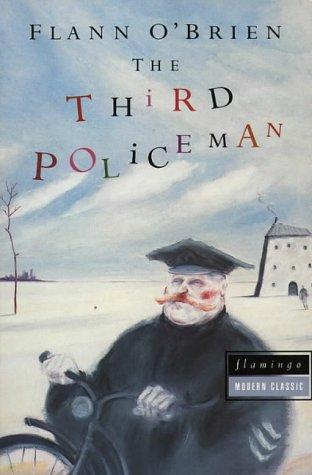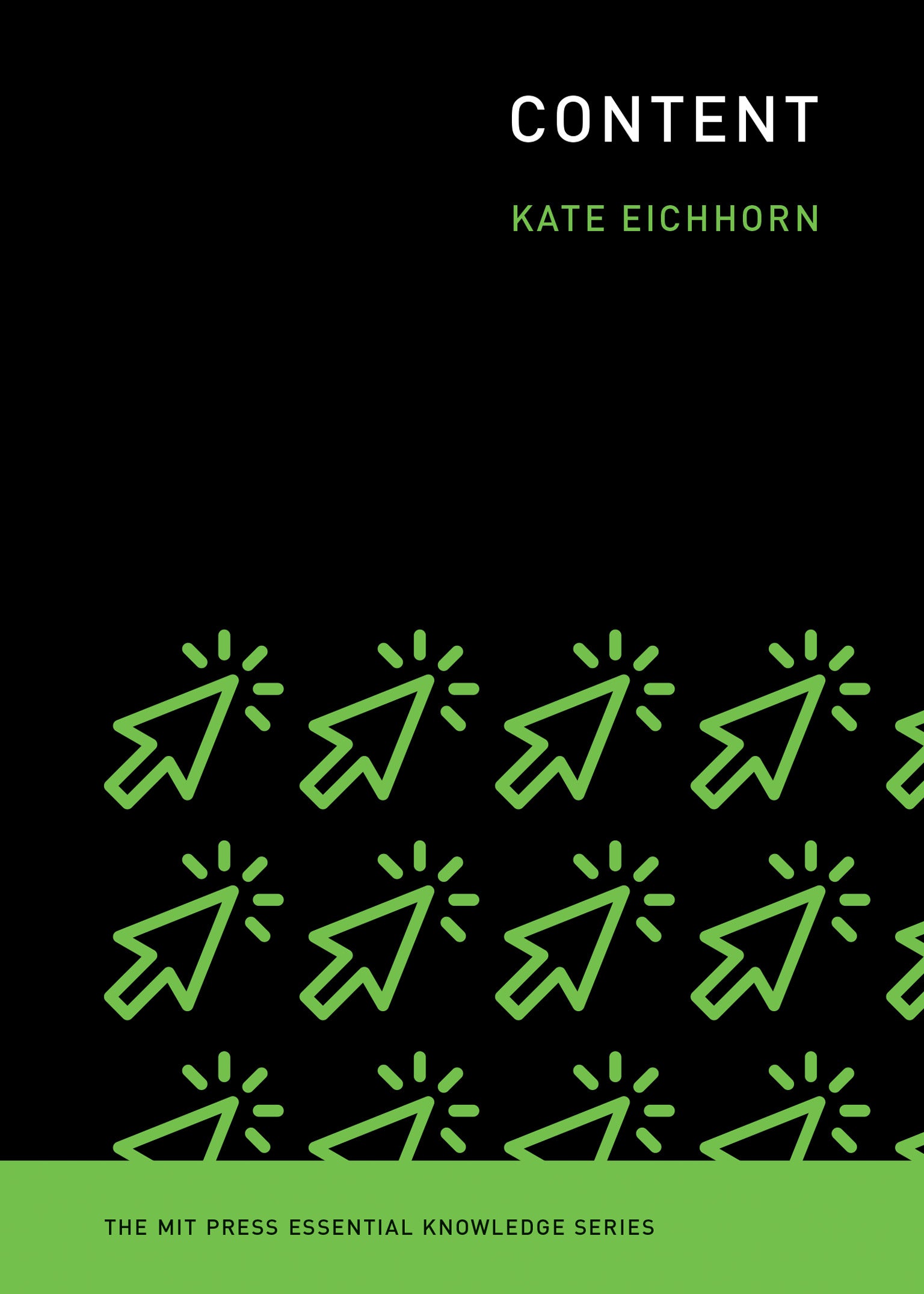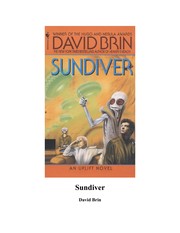Adam finished reading The Seventh by Richard Stark

The Seventh by Donald E. Westlake, Richard Stark (Parker (7))
The seventh book in the Parker series, this describes the aftermath of a brilliant heist at a college football game.
Web programmer who mostly reads nonfiction (history and philosophy) and scifi, plus the occasional detective story.
This link opens in a pop-up window

The seventh book in the Parker series, this describes the aftermath of a brilliant heist at a college football game.
Abe Clinger was a businessman, not a crook. It was his nature to be a businessman, and only the force of circumstances had him temporarily playing the part of a crook, a temporary condition that had lasted now about twelve years.
— The Seventh by Donald E. Westlake, Richard Stark (Parker (7)) (Page 107)
Sometimes it was a bad thing to be devoid of small talk. If he'd had meaningless little conversations with her the last few weeks he might have learned something he could use now. But Parker couldn't stand meaningless conversations, couldn't think of anything to say or any reason to say it.
— The Seventh by Donald E. Westlake, Richard Stark (Parker (7)) (Page 73)
Maybe I should've been a master criminal.

The Third Policeman is a novel by Irish writer Brian O'Nolan, writing under the pseudonym Flann O'Brien. It was written …

A concise introduction to the content industry and its ejecta, from the early internet to the Instagram egg.
“Income tax?” Grofield stared at him. “You pay income tax?” “On every penny.” “I bet your return shakes them up.” “I account for every penny of income,” Littlefield told him, “but I am forced, of course, to invent my sources.” “Why bother?” Littlefield leaned closer to him. “You’re a young man, you can still learn. Pay attention to this. You can steal in this country, you can rape and murder, you can bribe public officials, you can pollute the morals of the young, you can burn your place of business down for the insurance money, you can do almost anything you want, and if you act with just a little caution and common sense you’ll never even be indicted. But if you don’t pay your income tax, Grofield, you will go to jail.”
— The Score by Richard Stark (Parker) (Page 74)

Catherine Wilson: Epicureanism (2015, Oxford University Press)

The Epicurean story of humanity tells us that our modern governments emerged by degrees from the kleptocratic regimes that seized property, displaced the natives of the conquered regions, demanded tithes and handed out lands, titles, incomes and influence to their personal favourites. Competition between rulers devastated the lands and properties and took the lives of men, women and children who had no part in these quarrels. Some rulers were genuinely beneficent and fair, but it has been only through popular and philosophical pressure that governments have evolved into servants of the people even to the extent that they have. Remembering where government came from is important in understanding where it is now and where it could go.
— How to Be an Epicurean by Catherine Wilson (Page 207)
The Epicurean of today has respect for morality, even while he regards it as needing adjustment to current circumstances and as revisable in the light of experience. And just as the sacrifices of prudence when it comes to long-term planning are not always warranted because they interfere too much with my present enjoyment, a society may decide to allow some harms to some people because the benefits to others are greater. Permitting automobiles on the road harms those people who lose their lives or get maimed in crashes, but we judge the helps to the majority to outweigh the harms to this unfortunate minority. Taxing the wealthy at a higher rate, although it does not deprive them either of necessities or of the means of satisfying most of their desires, can annoy or anger them because losing something one had is experienced as harmful. But these pains experienced by the wealthy are morally acceptable because of the much greater helps to the poor that their funds can provide. Because Epicureans put no stock in the notion of individual desert, they are unmoved by arguments that the wealthy deserve their wealth and the poor do not deserve to partake of it.
— How to Be an Epicurean by Catherine Wilson (Page 103)
The art world is interwoven with technology and actually quite innovative and playful. From cave paintings to the use of perspective, novel colors, and lighting, to printing techniques and direct inclusion of machines and code, there are examples of how art broke ground and changed its shape forever. Already before the beginning of the twenty-first century, artists used code and programmed machines to generate art or even be part of it.
— Coding Art by Yu Zhang, Mathias Funk (1%)
@wesdym@mastodon.social He goes on and on about the sauce. He couldn't get it just right until Joe Marzilli told him to add carrots to take out the acidity. Then some prick from the teachers' union says “Oh, by the way, the mayor’s sauce sucks.” So he has to go out of his way to embarrass that guy.
There were some productions that we didn’t particularly want coming to the city. HBO wanted to promote the new season of The Sopranos in various cities around the country, including Providence. It was no secret that historically there was a strong Mafia presence in Providence. When I was a kid, I always felt that that was a stain on Italian Americans. As a prosecutor I’d fought organized crime. But frankly, I got sick and tired of seeing the Italian stereotypes; we’ve said it, we’ve done it, we’ve bought the T-shirt. As a politician I’d had some minor confrontations with the mob, but for the most part organized crime stayed far away from my administration, and I had nothing to do with them. I felt The Sopranos glorified the Mafia. Though I couldn’t stop them from promoting the show in the city, or even filming in Providence—that was their right—I didn’t do anything to help them, either. They asked for my cooperation and I refused to give it to them. I certainly wasn’t going to participate in any celebrations of this crew coming to town. Then they wanted to buy several cartons of my marinara sauce to use on the show. Filming in Providence was one thing; using my marinara sauce was something very different. Now that was personal.
— Politics and Pasta by Vincent "Buddy" Cianci (Page 290)
This book is "a stain on Italian Americans." This is probably the funniest bit.